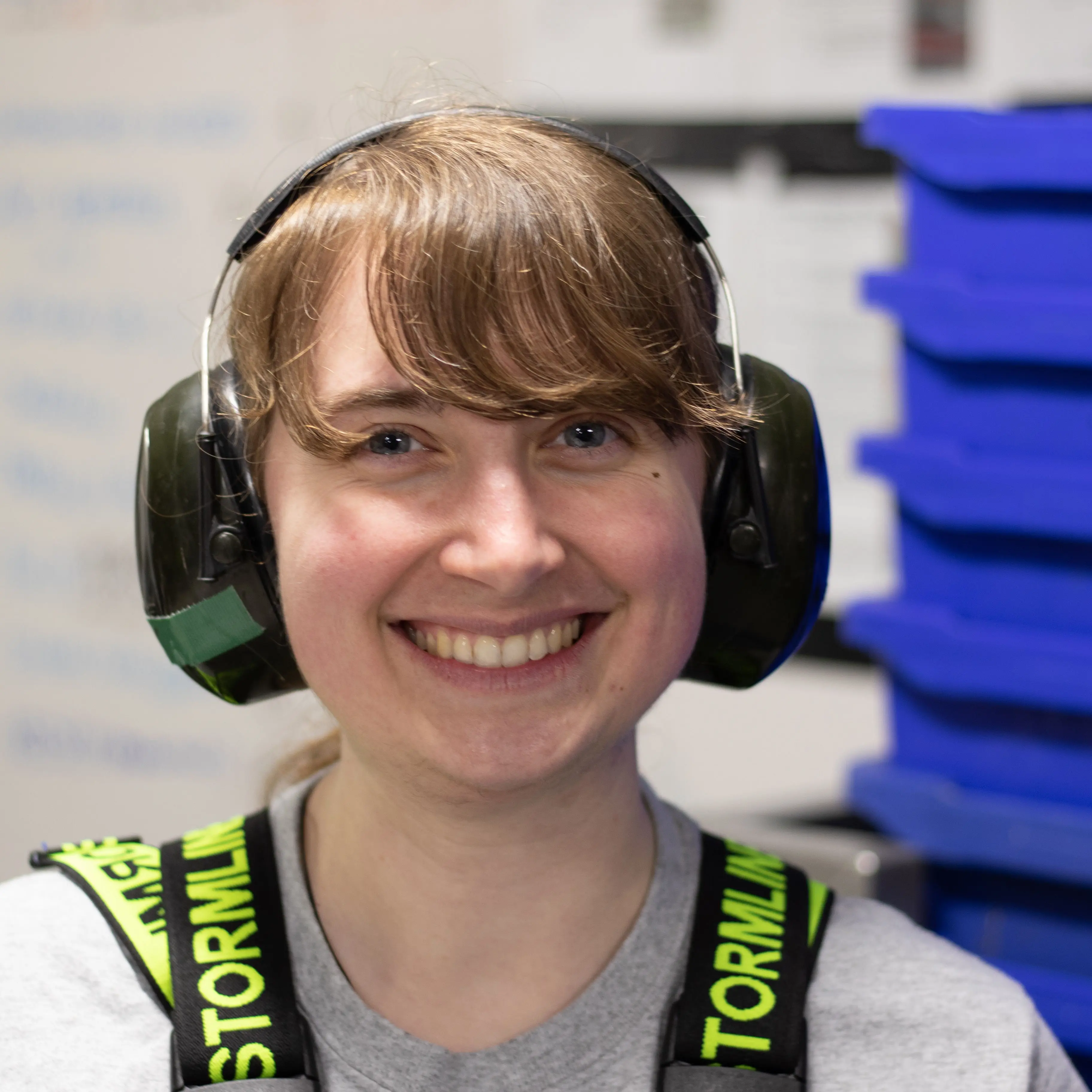Heather Braid
Position: Squid taxonomist and conservation geneticist
When I was in high school, I decided that I wanted to work on squids so I applied for Marine and Freshwater Biology at uni. I was inspired by Steve O’Shea—the giant squid hunter (world famous in New Zealand). I read an article about him in the New Yorker, and that’s when I started to learn about the giant squid. When I was in third year, I saw the live stream of the thawing and fixing of the colossal that’s on display at Te Papa and it was exactly what I wanted to do one day. This inspired me to focus my studies on squid and move from Canada to New Zealand. After starting my PhD at AUT, I actually had the opportunity to be involved with the thawing and preservation of a new colossal squid that Te Papa had received. It was something I had been dreaming about for years, and it actually happened.
I have been working in genetics and taxonomy for about 10 years, which began during my undergraduate studies when I started to work as an undergraduate research assistant in a DNA barcoding lab. With the genetic techniques that I had learned, I was able to undertake a squid dietary study. Taxonomy involves finding and describing new species, and distinguishing and identifying species. This information is used to get an accurate assessment of the biodiversity in New Zealand, which can help us figure out where to put conservation efforts in place. I use integrative taxonomy, which involves using a combination of genetics and physical features to identify species.
Below: Melanie and Heather examine a Bobtail squid specimen.

My favourite thing about my job is finding new species—it is very exciting! It’s also super cool to see all the different shapes and sizes that cephalopods come in. I’ve been to sea four times, and this is my favourite voyage so far. Unlike bottom trawls, mesopelagic trawls do not impact the seabed, and we catch many interesting creatures like salps and pyrosomes. With midwater trawls, you get cool things that you don’t tend to get from bottom trawls, and in better shape. With each trawl, there is the chance of catching a new species of squid! We have already found a new species record for New Zealand on this voyage.
For anyone interested in a career in science, determination is important—especially if you wish to pursue a PhD. If you really want to make an impact in conservation, you have to find some aspect that you are passionate about. Science plays a role, but conservation involves much more than biology. Do what you love and keep fighting the good fight.

Above: Heather holds a large Warty squid.

Above: Heather examines a Warty squid.


